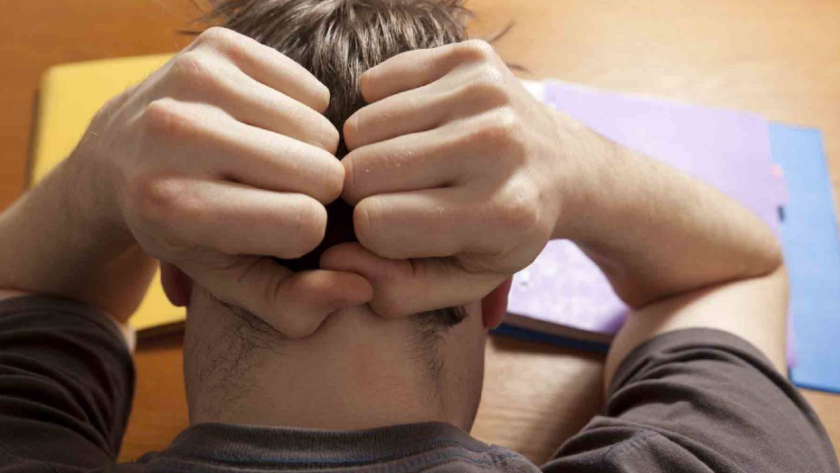Students and teachers can often find themselves in difficult and emotionally-charged situations. Learn how to keep things calm and under control.
We Can’t Always Understand, So We Ask Ourselves, How Can We Help?
Dealing with extreme behaviors in the classroom can be a troublesome experience for teachers, but with practice, it is possible to build a skillful response and de-escalate an emotional situation.
Finding The Balance
Enlightened teachers understand that behaviors are all in some way a form of communication. The best way to get to the bottom of the problem is to first focus on what you can control, yourself. Take deep breaths and practice staying in control of your emotions by having calm body language and soft voice.
Students who find themselves an emotional mess will have a whirlwind of feelings they don’t know how to handle and these big feelings can sometimes create some undesirable behaviors. Remember an escalated student will try to get a reaction, don’t back down, follow through on what you say, and if the behavior gets worse, don’t let them see you’re upset. Always stay in control of your reaction.
Teach Coping Skills
Coping skills are a highly effective way to maintain control of an escalated situation. Counting down from ten, talking to a trusted adult, or going for a walk are all proven ways to help children cope with their feelings.
Taking deep breaths helps to increase the flow of oxygen to the brain to help with decision making and reasoning skills. Sometimes the coping skill will have to be uniquely tailored to the individual student. Some students might respond well to taking a break to draw and color, others may want to write a letter to mom and dad explaining how they are feeling and what they could do differently next time. These techniques help to get students back to a place of control.
Techniques to Get Ahead of the Situation
A number of things can trigger an emotional outburst or a full-blown escalation from a student, but the most important thing to remember is to always be prepared to deal with these inevitable situations. A student’s Individual Education Plan (IEP) is the best place to start when it comes to predicting and preventing escalation.
Use the tools that work best for each individual student and always remain consistent in your approach when enforcing rules as well as positively reinforcing behaviors you want to see. This will make it easier to predict and prevent future outbursts.
Final Thoughts
A large part of the learning process is to teach kids to build the appropriate skills they’ll need to become functioning adults. Behavior is purposeful, predictable, and changeable. The best course of action is to stop and think, ask yourself, “what is this child trying to tell me?” And what tools do I need to change this behavior?”
For children, it’s hard to regulate emotions, think about consequences, and consider how others might be feeling, that’s why it is very important for teachers to be surrogate regulators, to help and provide students with the consistency and the tools they’ll need to grow these skills on their own.
This post may contain affiliate links. Meaning a commission is given should you decide to make a purchase through these links, at no cost to you. All products shown are researched and tested to give an accurate review for you.




